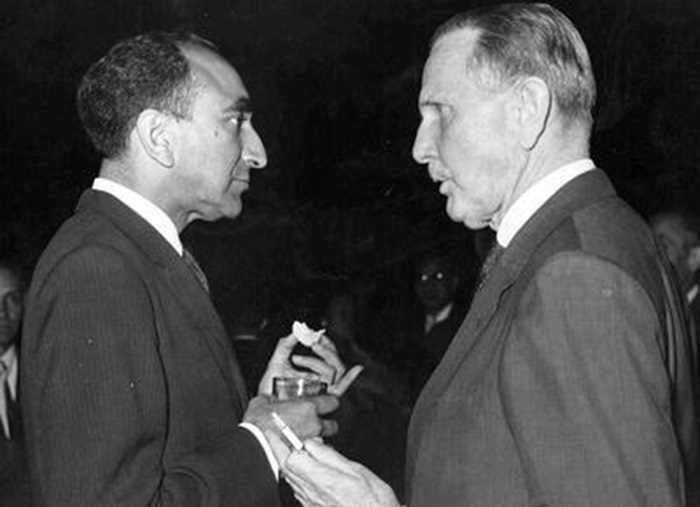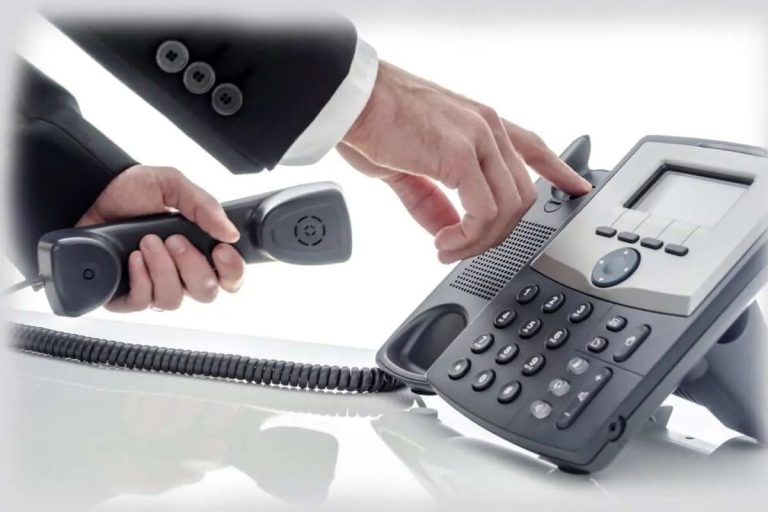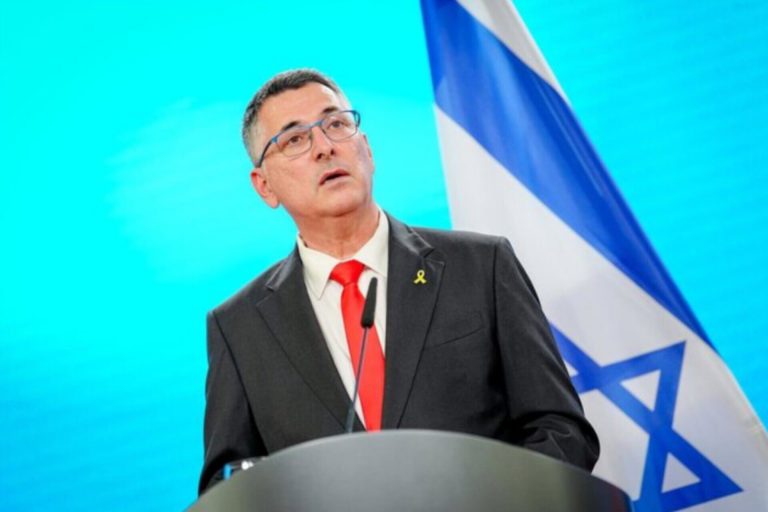
Rewritten Title:
1972 Diplomatic Dispute: U.S. Ambassador Raises Concerns Over Canceled Contract for American Firm in Iran
Historical Diary Reveals U.S. Diplomatic Tensions
A recently published entry from the personal diaries of Asadollah Alam, a prominent political figure during the reign of Mohammad Reza Shah Pahlavi, sheds light on a diplomatic exchange between Iran and the United States in 1972. Alam, who served as Minister of the Imperial Court (1966–1977) and Prime Minister (1962–1963), documented a meeting with the U.S. Ambassador, where concerns were raised over a canceled contract for an American company that had initially won a competitive bid in Iran.
Key Diplomatic Discussions
According to the diary entry dated August 11, 1972 (Mordad 20, 1351), Alam met with the U.S. Ambassador, who delivered responses from President Richard Nixon and National Security Advisor Henry Kissinger regarding undisclosed bilateral matters. The discussions also covered:
- Upcoming U.S. briefing teams expected to visit Iran.
- Developments in Kurdistan.
- A formal complaint from the U.S. side regarding the revocation of a contract awarded to an American firm after it had won a competitive bid.
While the specific project and company were not named, the diplomatic note highlights the complexities of U.S.-Iran economic relations during the Pahlavi era.
Royal Engagements and Non-Political Affairs
Later that day, Alam noted the return of His Imperial Majesty the Shah and the royal family from northern Iran. In the evening, he attended a dinner hosted by Her Majesty Queen Pahlavi, where French entrepreneurs presented a proposal for establishing a large-scale turkey farming and processing business in Iran. Though the culinary display was praised, the gathering remained devoid of political discussions.
Historical Context
Asadollah Alam’s diaries, serialized by Entekhab.ir, provide valuable insights into Iran’s political and diplomatic history. This particular entry underscores the strategic and economic cooperation between Iran and the U.S. during the 1970s, while also reflecting the day-to-day engagements of Iran’s political elite.
The incident serves as a reminder of the mutual interests and occasional frictions that characterized Iran-U.S. relations during this period, framed within broader geopolitical dynamics.
(Source: Entekhab.ir Historical Service)

